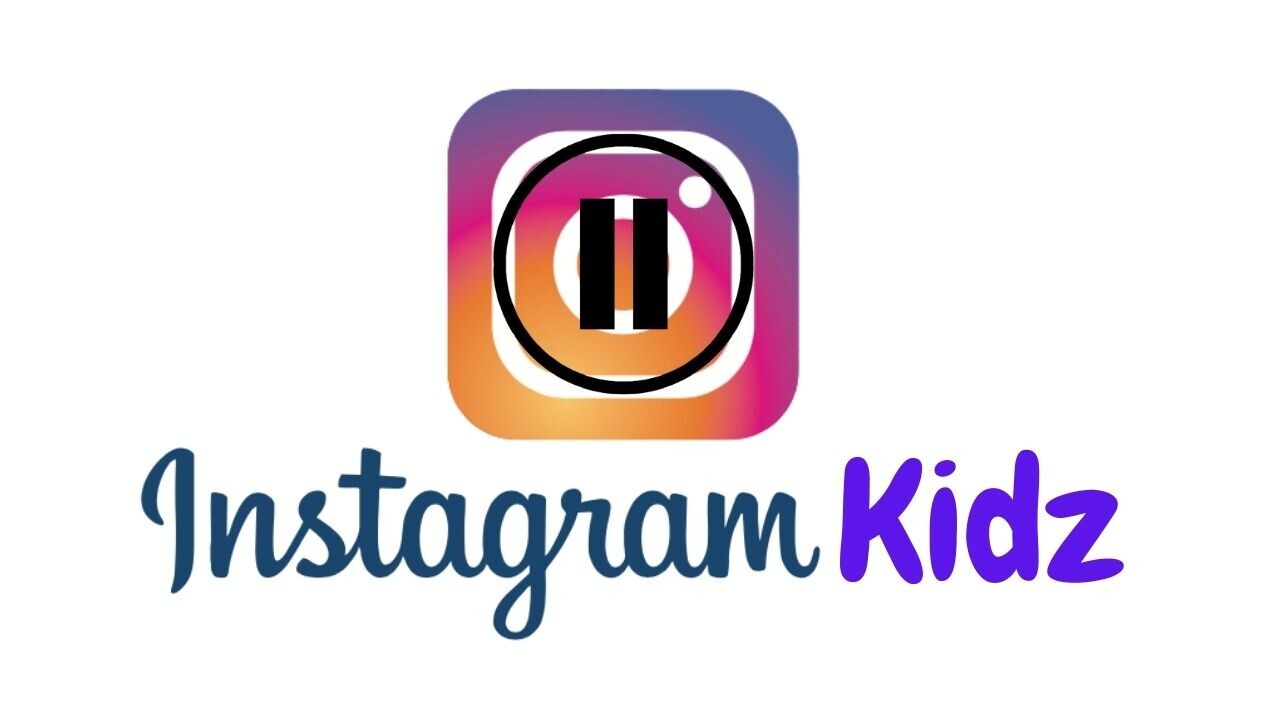
Instagram is pausing plans to build a kids’ version of the app after a fierce backlash from lawmakers, child safety groups, and parents.
Adam Mosseri, the head of Instagram, announced the move in a blog post published Monday:
While we stand by the need to develop this experience, we’ve decided to pause this project. This will give us time to work with parents, experts, policymakers and regulators, to listen to their concerns, and to demonstrate the value and importance of this project for younger teens online today.
The mooted platform would have allowed children aged 10-12 to access a modified version of Instagram. At present, people under the age of 13 are barred from the app, but younger users can lie about their date of birth when they sign up for an account.
Instagram said that a site designed for children would make younger users safer, but the proposals were widely slated.
After the plan was discovered in March, attorneys general from across the US wrote a letter to Mark Zuckerberg, the CEO of Instagram-owner Facebook, urging the company to abandon the project:
Use of social media can be detrimental to the health and wellbeing of children, who are not equipped to navigate the challenges of having a social media account. Further, Facebook has historically failed to protect the welfare of children on its platforms.
Child safety groups have also warned that an Instagram for kids “would put young users at great risk.”
These concerns have escalated since a recent investigation by The Wall Street Journal claimed that Facebook is aware that Instagram is “toxic” for teen girls.
Instagram has attempted to allay their fears by emphasizing that the project would differ significantly from the existing app.
“It will require parental permission to join, it won’t have ads, and it will have age-appropriate content and features,” said Mosseri. “Parents can supervise the time their children spend on the app and oversee who can message them, who can follow them, and who they can follow. The list goes on.”
We’re pausing “Instagram Kids”, although we believe building it is the right thing to do. More here: https://t.co/bwCyUn97So
— Adam Mosseri ? (@mosseri) September 27, 2021
Mosseri denied that pausing the plans was an acknowledgment that the service is a bad idea. But he admitted that the company needed to take more time on the project.
It could be a long time before the critics are convinced. Some argue that children who have existing Instagram accounts are unlikely to migrate to a “babyish” version of the platform. Instead, they’ll continue lying about their age and using the real thing current site.
The group of attorneys generals said an Instagram Kids would appeal primarily to kids who otherwise wouldn’t have an account for the app. They suspect that Facebook’s plans aren’t responding to a need, but creating one.
Get the TNW newsletter
Get the most important tech news in your inbox each week.





